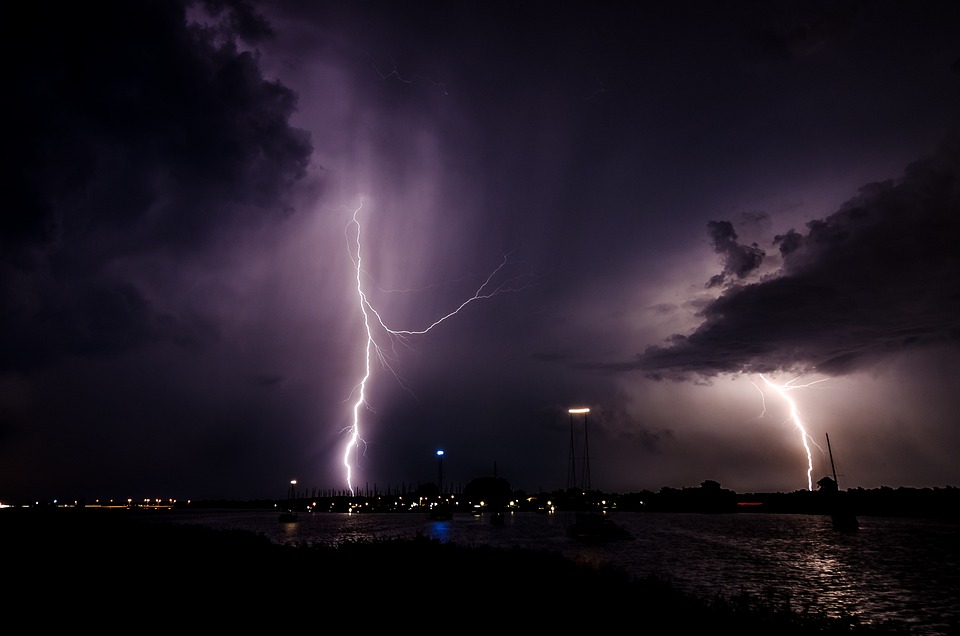Title: Trump Administration’s Evolving Stance on Iran Amid Escalating Tensions
Washington, DC – In a striking shift from his first term, President Donald Trump’s new cabinet appears less hawkish on Iran, yet the impact of this alteration amidst rising conflict with Israel remains uncertain. Recent Israeli airstrikes on Tehran were met with Iranian retaliation, raising concerns of a broader regional war.
Analysts highlight that Trump’s inner circle now includes more officials advocating for restraint, suggesting a departure from traditional Republican hawks. Brian Finucane of the International Crisis Group noted, “There are fewer traditional Republican hawks in this administration,” but questioned how influential these restraint-oriented figures will be.
While Secretary of State Marco Rubio emphasized Israel’s unilateral actions, the U.S. has adopted a hands-off stance, with Trump advocating for diplomacy instead of military intervention. Despite this, he indicated potential U.S. involvement if American forces are threatened, reflecting a complex balancing act.
Vice President JD Vance stands out as a restraint proponent, expressing concerns over U.S. military engagement in conflicts that may not directly serve American interests. This perspective diverges from the neoconservative agenda often favored within the Republican Party, showcasing internal divisions as Trump navigates his foreign policy approach.
Trump’s administration contrasts sharply with his first term, which was characterized by assertive foreign interventions and hawkish advisors. Critics like Ryan Costello note that skepticism toward military involvement has permeated the current cabinet.
As tensions simmer, Trump’s erratic decision-making style raises questions about his responsiveness to external influences, including media and foreign leaders like Israeli Prime Minister Netanyahu. Ultimately, analysts suggest that the direction of U.S. policy will hinge more on Trump’s recent consultations than on his official advisors, as he navigates these complex dynamics ahead of the 2024 campaign.
Note: The image is for illustrative purposes only and is not the original image associated with the presented article. Due to copyright reasons, we are unable to use the original images. However, you can still enjoy the accurate and up-to-date content and information provided.




